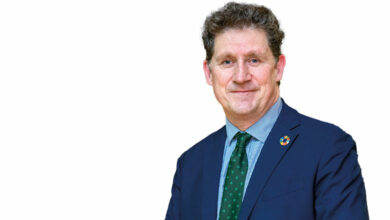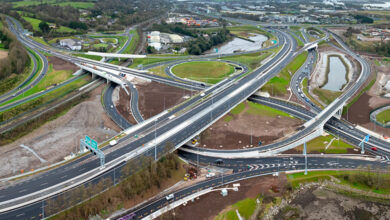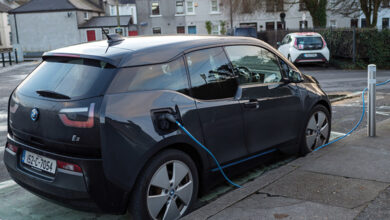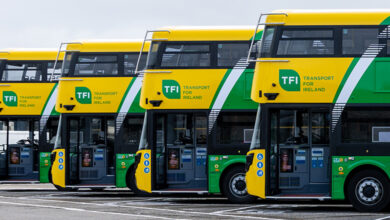EU transport policy: the road ahead
eolas sums up the European Commission’s transport objectives for the next five years.
European Commission President Jean-Claude Juncker contends that transport, the “key to a well-functioning society,” will be crucial for maintaining Europe’s competitive edge. Under Juncker’s mandate, EU transport policy will be focused on eight objectives:
1. ensuring that infrastructure operates efficiently and that interconnections to facilitate the internal market are established;
2. ensuring a reduction of greenhouse gas emissions from the sector;
3. creating the optimal conditions for investment e.g. by advancing work on trans-European or cross-border networks;
4. ensuring the best possible connectivity between different modes;
5. co-operation between commissioners to develop smart cities;
6. completing negotiations for the Fourth Railway Package and pursuing a Single European Sky policy;
7. completing industrial innovation projects, including Sesar (to overhaul air traffic management) and Shift2Rail (to attract road users to rail travel); and
8. securing the optimal international environment e.g. through the development of a unified set of standards for health and safety.
Last November, Slovenian entrepreneur Violeta Bulc (pictured) was appointed as Commissioner for Transport on the Juncker Commission. Bulc has acknowledged that European transport needs are “huge”. Notably, investment is required for a wide range of infrastructural projects which will support the Commission’s wider objectives.
Firstly, for cleaner modes, such as rail and inland waterways, additional funding is essential to upgrade networks and clear up missing links and bottlenecks, particularly at borders. It is also necessary for developing new infrastructure, such as fast charging points along motorways for electric vehicles.
Secondly, urban areas generate the bulk of traffic and transport pollution. In order to reduce this congestion, infrastructure which facilitates new joined-up transport systems must be built.
Finally, investment is needed to deploy intelligent transport systems across Europe and to extract the most from existing infrastructure.
Commissioner Bulc is confident that the transport sector can provide a pipeline of beneficial projects. Projects amounting to €100 billion of European Commission investments are in the pipeline over the next three years, including ports, dedicated rail lines, canal upgrades, motorways and clean fuel technologies.
Transport projects have also been identified along TEN-T corridors which are particularly suited to the new European Strategic Investment Fund. These include proposed solutions for missing rail links (e.g. between Warsaw and Tallinn), improved road and rail access to Barcelona port and an upgrade for the Kiel Canal.
Other projects listed are considered ‘business enablers’ such as the proposed development of the ports in Dublin and Valletta. A number of urban projects have been identified e.g. the Brussels urban mobility plan and electro-mobility infrastructure in the Czech Republic.
Bulc has emphasised: “The investment plan represents a real opportunity. But we should be conscious that both public and private investments will only materialise if we are capable of designing the right regulatory environment.” She elaborated: “To attract investors we need to cut red tape, to repeal obsolete regulations and to make sure that new ones are as simple and as clear as possible.”
Overall, the European Commission has identified transport as being a growth enabler, a job creator and a key contributor in meeting targets for a low carbon economy.
Commissioner Bulc maintains that it is essential to connect European regions and has stated: “In all my initiatives, such as smart cities, the main objective will be to contribute to travellers’ needs and to set the conditions for the European transport economy to flourish.”





